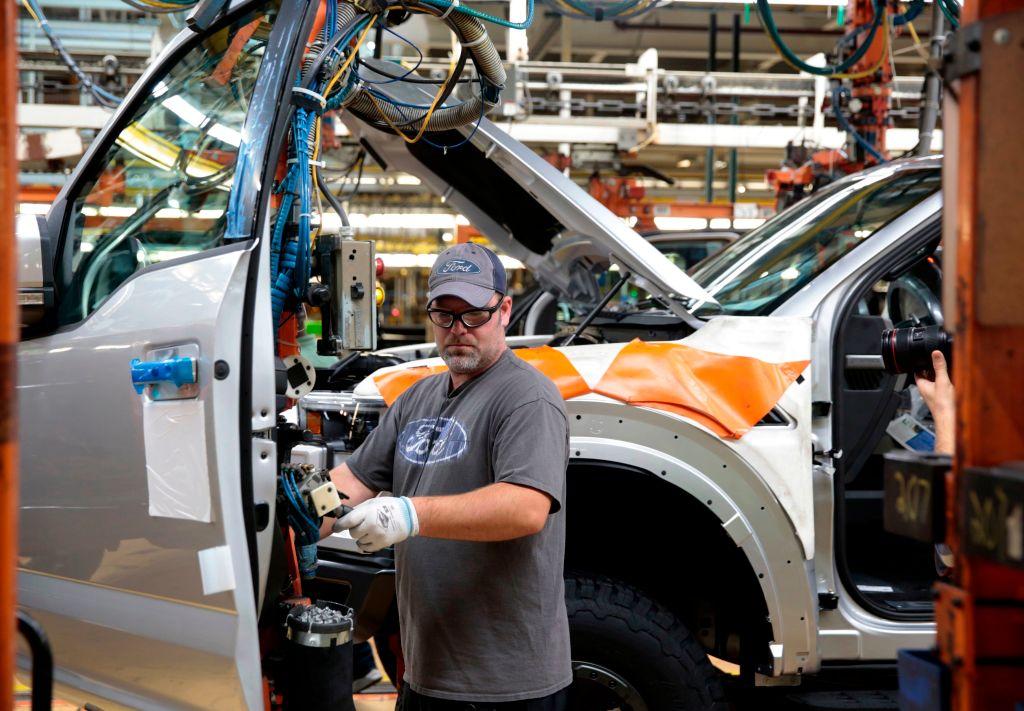WASHINGTON—U.S. private-sector employment rose substantially in December, suggesting continued solid job growth despite stock-market volatility and signs of a slowing economy.
According to a report by payroll processor ADP, companies added 271,000 new jobs last month, the biggest monthly gain in nearly two years. The jobs number also beat economists’ estimates, which was 178,000.





